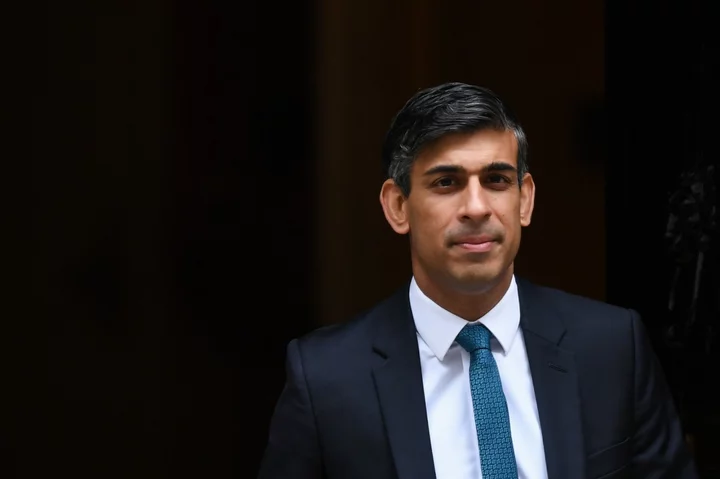The UK’s shadow energy secretary has demanded the government act urgently after a report showed how Drax Group Plc benefited from a loophole in a green-energy subsidy program that he said allowed households to be “ripped off.”
“These are serious claims, and the government must urgently consider appropriate action,” the Labour Party’s Ed Miliband said in a statement. “The Conservatives must explain why they have allowed a situation in which households have been ripped off.”
A Bloomberg News investigation this week exposed how Drax managed to avoid sending as much as £639 million ($813 million) to UK consumers since April 2022 – despite a provision in the company’s subsidy contract designed to provide such relief. Drax posted a record £731 million in earnings last year.
“Drax power station is an important part of the UK’s energy mix and we expect all government support to be used responsibly,” a spokesperson for the Department of Energy Security and Net Zero said by email after Miliband’s comments.
Read More: A Power Plant’s Multimillion-Pound Loophole Hit the UK in Crisis
Miliband’s comments follow remarks by two chairs of influential government committees, highlighting the report as concerning.
Angus MacNeil, the chair of Parliament’s energy security committee, said he wants to investigate the claims, while Philip Dunne, a Conservative party lawmaker and chair of the environmental audit committee, said the situation shows how electricity market arrangements are in need of reform.
Drax has received £1.4 billion in public aid for a unit at its Yorkshire power station since 2016. Under its agreement with the UK government, if prices rise to the point where the unit can comfortably make money on its own, Drax’s earnings are capped and the company must send the remaining money to consumers. After prices reached that point last April – amid rising energy prices that saw residential bills more than double – Drax idled that generator for extended periods and used other units that didn’t have an earnings cap.
The company previously told Bloomberg News in a statement that it acted responsibly and made “careful decisions” to cope with the risk of biomass shortages, which increased dramatically after Russia invaded Ukraine in February 2022. “No serious observer of the energy system would advocate that we ought to have exposed our business and Britain’s power grid to those risks,” the firm said.
(Updates with UK statement in fourth paragraph.)









